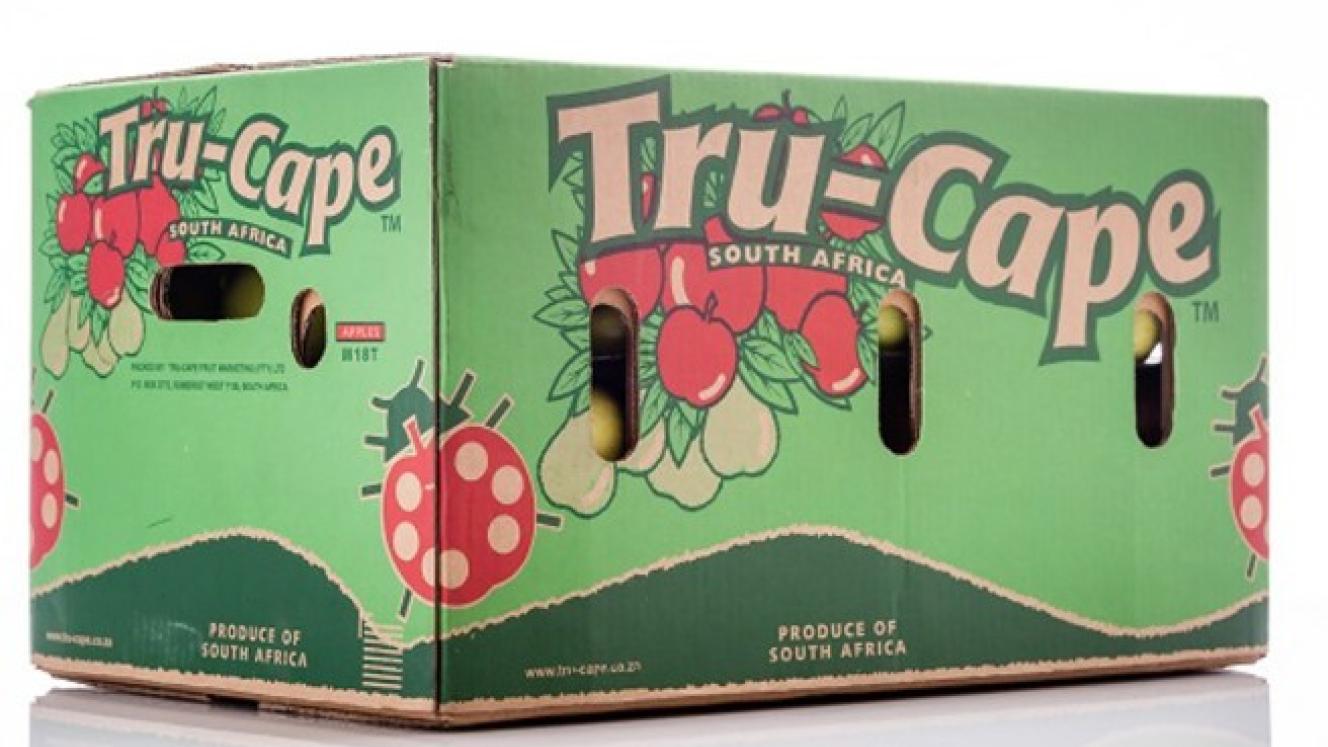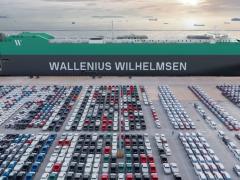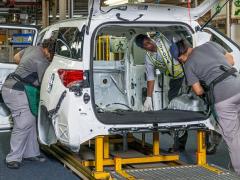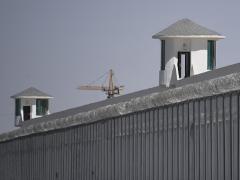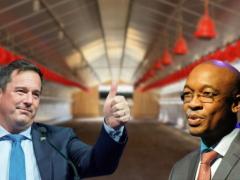African countries moving up the ladder in the annual World Economic Forum Global Competiveness Report 2011-2012 share the attributes of strengthening democracy and the need to invest more in infrastructure, education and health. Sub-Saharan Africa as a whole has “grown impressively” over the past 15 years. “It has bounced back rapidly from the global economic crisis, and its growth rates continue to exceed the global average,” says the report. Mauritius, which at 54th place is second to South Africa (50), moved up one ranking due to strong and transparent public institutions, with clear property rights, strong judicial independence, and an efficient government. The country’s infrastructure (54th compared to South Africa’s 64th position) is described as well developed by regional standards, particularly its ports, air transport and fixed telephony. Its goods markets are also efficient (28th). South Africa moves up by four places to attain 50th position this year, remaining the highest-ranked country in sub-Saharan Africa and the second-placed among the BRICS economies. Rwanda moved up by 10 places to 70th position, placing third in the sub-Saharan African region. “Rwanda benefits from strong and well-functioning institutions, with very low levels of corruption (an outcome that is certainly related to the government’s non-tolerance policy) and a good security environment,” says the report. The greatest challenges facing Rwanda in improving its competitiveness are the state of the country’s infrastructure (101), its low secondary and university enrolment rates, and the poor health of its workforce. Although Botswana falls four places to 80th rank, it remains one of the four most competitive economies in the region. Among the country’s strengths are its reliable and legitimate institutions (32nd), with efficient government spending, strong public trust of politicians, and low levels of corruption. Botswana’s primary weaknesses continue to be low skills levels and a high incidence of Aids. It ranks 92nd internationally on infrastructure. Namibia, although it falls nine places largely due to a significant budget deficit, is cited as having a transport infrastructure “that is good by regional standards (40th)”. Kenya is one of the continent’s most innovative countries, with “high company spending on R&D and good scientific research institutions.
